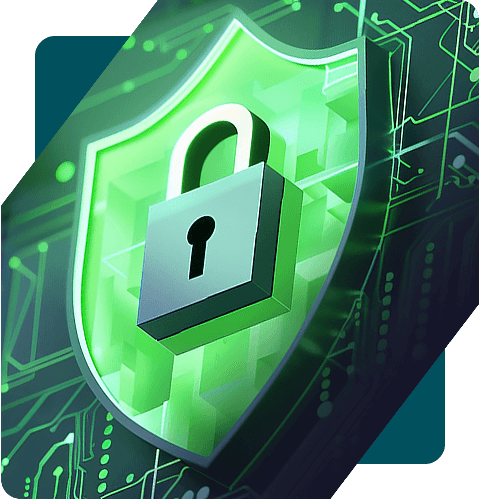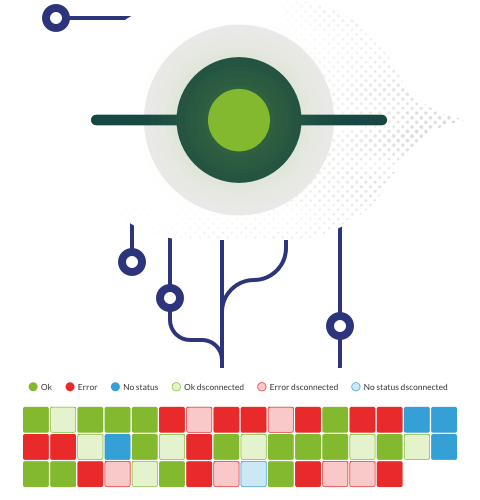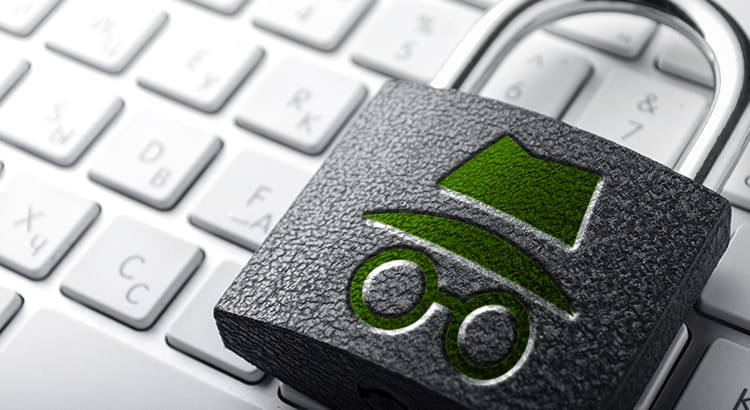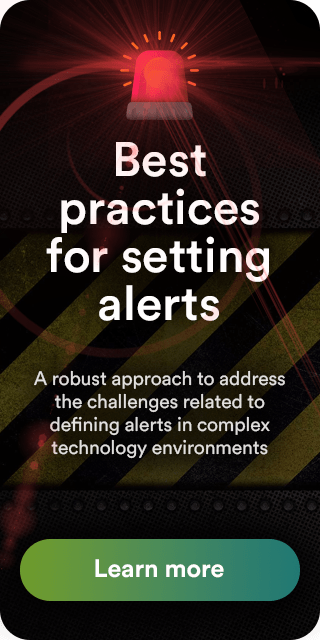Internet safe browsing; how our experts do it
Since the “Get it on!” (an instructive old spot on prophylactics) we have never been so aware of safety. It seems like an exaggeration, like a freakout attack I just suffered this morning, for abusing machine coffee, but no. Safety is more important than ever, especially if we refer to the topic of safe browsing on the Internet.
My pulse trembles, like you, like everyone else, when fearful of God and of my Catholic ancestors who are, I suppose in Heaven, I open the incognito window in my browser and I believe myself free and exonerated of all weight to set myself to scrutinize page x. For some reason incognito mode, to me, is like being invisible in a lingerie store or falling asleep at McDonalds’ ball playground and waking up when everyone is gone, leaving you free to play as much as you want. However, lately, I’ve been fraught with doubts, and, of course, the least thing you want when you are in “incognito mode” is to be nervous or hesitant about something. So I started wondering about safe browsing through the wasteland of the Internet. I needed to ask someone, someone who knew more than I did about safe browsing and possibilities beyond incognito mode.
So for that reason, we are going to talk today in our beloved and green blog, about safe Internet browsing. Not for anything else. Just to solve my doubts, and, incidentally, yours. And for this I have seen fit to request help from my dear colleagues at Pandora FMS, the technical guys, they know everything and today they are going to give us the secrets that they use for that, to immerse themselves in the network and not get scared and with several hives between their toes or on both sides of the groin, if you will allow me the metaphorical analogy.
What are the keys or tips for safe Internet browsing?
Manuel Montes, Q/A tester
For me, there are three essential aspects for safe browsing. Take note, I don’t see you taking note and it seems like you need it:
- Common sense. Parents and teachers instill common sense in each one of us from childhood. Look for it.
- Do not get into “weird” places, please. And you know when you have a “weird” place in front of you on the screen. Don’t go in!
- And pray, a lot and daily, because if they messed it up with SolarWinds imagine a normal user like you.
Since you’re here, take a look at this comparison between these two great monitoring titans. Guess what, we came out winning!
Alberto Sánchez, Systems Technician
I focus on pure navigation. If, for example, someone sends me a link directly, I check whether it is a really an HTTPS page, and if not, I look for it directly in Google, that, in certain cases, bans unsafe results. This is Google, watching over us and our money always. How can someone use another browser?
Mario Pulido, Head of systems
What you should do is use private browsing whenever possible so that later on you do not receive ads from your searches on any page you visit. Then you can also use all the pages with secure connections (https). Having a good antivirus with its browser extension activated to filter potentially dangerous websites is also very good. Not saving passwords in browsers with a logged-in session other than your account and separate personal and professional browser sessions. Having different passwords, or at least partially different, in each account you use, so that in the event that any of those accounts are hacked, they will not have access to the rest of the applications connected to it.
All that is what comes to mind and what I always follow by the book, for safe browsing.
Kevin Rojas, Project Consultant.
Let’s see, the first thing you have to do and that is not so difficult is to read well and look at the windows that open by themselves, orp pop-ups. Like when they do it in an abandoned house, they are often suspicious.
By all means, do not enter “suspicious” pages or as Manu said, “weird”, and less if the own navigator tells you to not enter. Please do what your navigator says, for the love of God.
I’ll give you an example, Dim:
One day you’re doing your things, “navigating through the Internet”, and you enter a page, and, suddenly, you see a window asking to “allow notifications”, what do you have to do? Well, always click NO, and if it is a page that forces you to click yes, it is not a reliable page, leave at once.
Read before accepting WHATEVER and check out very well the pages that open (by themselves or not).
Enrique Jesús Martín García, IT Project Consultant
The key and evident thing is common sense, like with anything. Try to avoid or at least be cautious with pages that request you to enter your data or grant storing permissions to files and similar things.
It is also VERY necessary to have an antivirus capable of blocking malicious and ominous pages, and access only safe pages (the padlock icon that appears in browsers), so that communication is encrypted.
Eduardo Corral, Project Technician
Dude, Dim, I tend to browse sites that I know. If I have to access unknown websites or those that I don’t trust a lot, I usually entrust myself to the antivirus. Sometimes I make the leap of faith, like in Assassin’s Creed, and I get into some non-recommended place, but I never give personal information and I usually try not to click on links that I don’t know for sure what they are. Those two points are key.

Dimas P.L., de la lejana y exótica Vega Baja, CasiMurcia, periodista, redactor, taumaturgo del contenido y campeón de espantar palomas en los parques. Actualmente resido en Madrid donde trabajo como paladín de la comunicación en Pandora FMS y periodista freelance cultural en cualquier medio que se ofrezca. También me vuelvo loco escribiendo y recitando por los círculos poéticos más profundos y oscuros de la ciudad.
Dimas P.L., from the distant and exotic Vega Baja, CasiMurcia, journalist, editor, thaumaturgist of content and champion of scaring pigeons in parks. I currently live in Madrid where I work as a communication champion in Pandora FMS and as a freelance cultural journalist in any media offered. I also go crazy writing and reciting in the deepest and darkest poetic circles of the city.

















